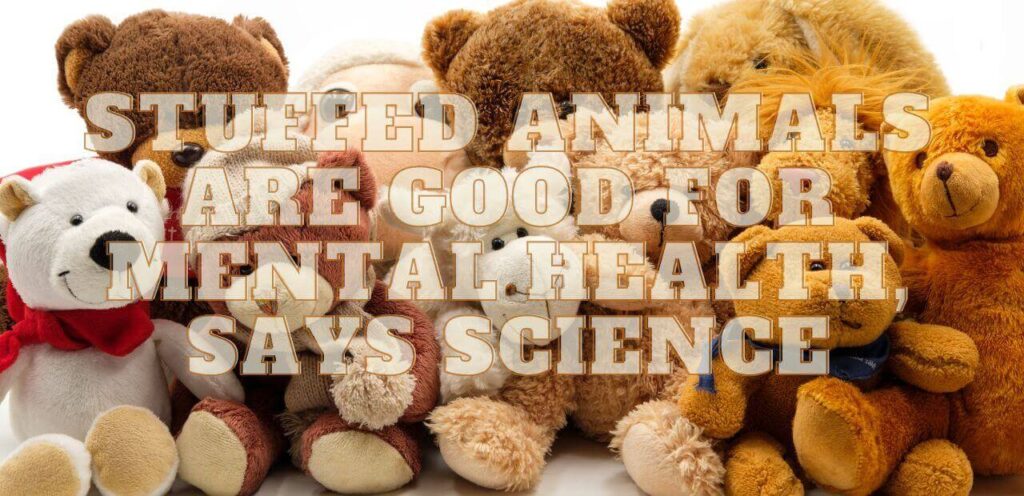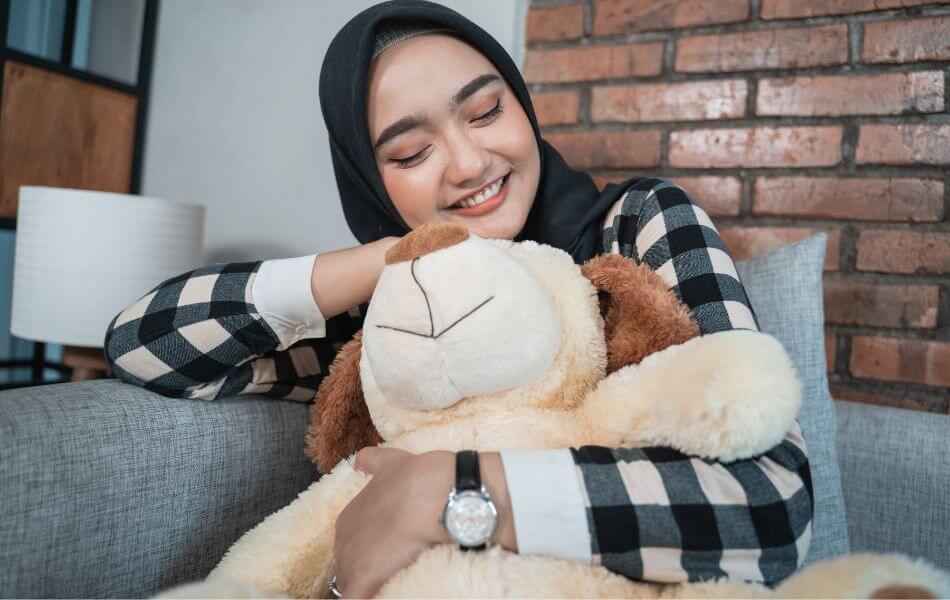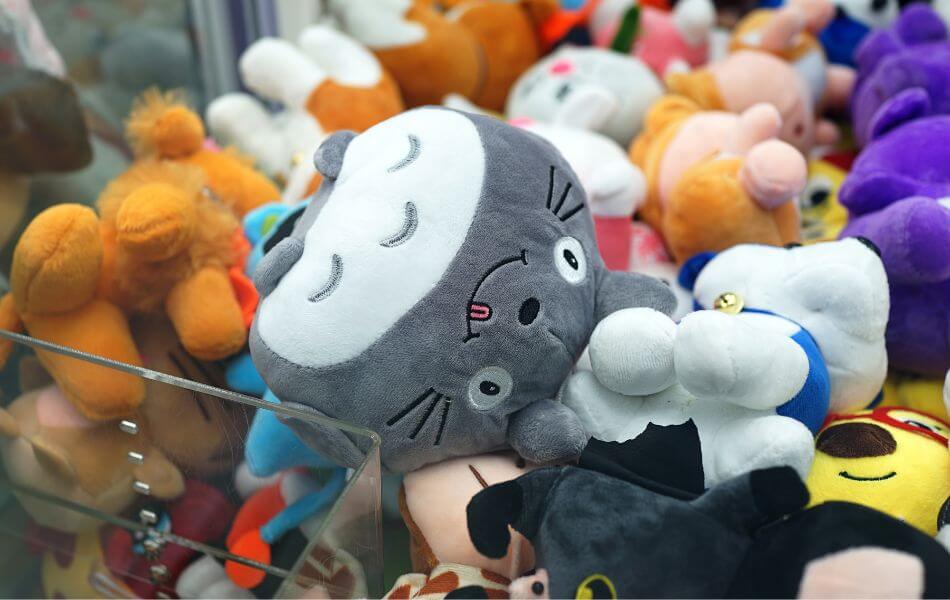Blog
Mental Health Stuffed Animals
Did you know half of American adults still keep their childhood teddy bears? Studies show Mental Health Stuffed Animals offer comfort and emotional support. Research reveals hugging plush toys reduces stress, improves social interaction, and eases fear in adults. In this article, we’ll explore how stuffed animals benefit mental health for both kids and adults.
Mental Health Stuffed Animals in Reducing Stress and Providing Comfort
The Psychology Behind Stuffed Animals and Stress Relief

Stuffed animals fit into a vast group of items termed “transitional objects,” frequently referred to as “comfort objects” or “security blankets.” An essay published on a website focusing on psychology and human behaviour, PsychologyToday.com, suggests that “Transitional items allow a child’s intrinsic sense of self to develop.”
Aldridge explains why most people love a spontaneous hug from a child or affection from a pet: it “lifts their self-esteem and increases their sense of worth.” She says that this also happens when we embrace a teddy bear.
Aldridge summarizes the science underlying the happy feeling: “Behind the scenes in the brain, comfort embraces induce the release of oxytocin and serotonin—the ‘feel-good’ chemicals.”
She adds, “Research reveals oxytocin has a favourable influence on social behaviours connected to relaxing, trust and promoting mental wellness.”
Regarding the connection to stress, Aldridge adds, “when present in particular areas of the brain, oxytocin reduces stress and anxiety levels.” On the other side, serotonin adds to emotions of well-being and pleasure by regulating mood.
Curious about where your favorite plush toys came from? 🧸✨ Read also: The History of Stuffed Animals
The Connection Between Stuffed Animals and Stress in Children
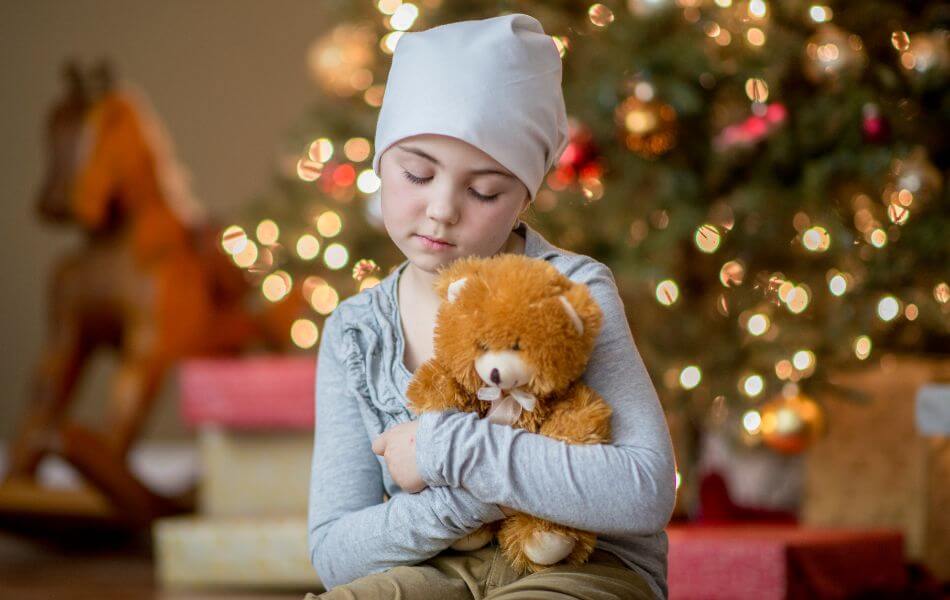
It’s generally believed that developing the human brain in early childhood builds the groundwork for excellent mental health later in life. This is the statement in an essay released by Harvard University’s Center on the Developing Child.
The essay suggests that “Toxic stress can harm brain architecture and raise the probability that serious mental health disorders will develop either swiftly or years later.”
Now that it’s evident that kid stress is real let’s explore how stuffed animals may be utilized to decrease tension among youngsters.
Stuffed Animals Can Help You Feel Less Lonely
Childhood trauma and stuffed animals are intertwined as a healer and a healed. Stuffed animals can provide a diversion whether a child’s stress stems from anxiety, an identifiable sickness, or pain. Stuffed animals can reduce tension simply because the youngster is entertained when engaging with them.
Studies have shown that youngsters who play with plush animals after surgery seem to be in less discomfort than those who don’t. This might be explained by the fact that attention is transferred from the area of the pain to another concern, resulting to the sense that the youngster is suffering less pain.
For adults, plush animals can also have a vital role. This position was reinforced by Lela Moore, who evaluated reactions to a personal article published in the New York Times about an adult who still plays with plush animals.
According to Moore, “Those who had endured major sickness and tragedy stated their stuffed animals helped them cope in the hospital or following the deaths of loved ones.”
Stuffed Animals Improve Your Mood
Studies have established that there is a link between stress and unpleasant emotions. Therefore, it may be assumed that the capacity to manage emotions could assist youngsters to minimize stress.
If you watch youngsters engaging with their stuffed animals, you will discover that many treat these creatures as live individuals. For example, some youngsters converse with the animals and tell them things that they may find embarrassing to tell other people, which enables them to vent and relieve tension.
Stuffed animals can help youngsters to learn emotional management without being frightened that they will be punished or silenced.
Using stuffed animals, toddlers may also learn to nurture themselves and others. Children are continuously learning from adults regarding how to nurture others. Consequently, plush toys assist youngsters in role-playing and grasping the necessity of having a caring relationship with animals and other people.
Stuffed Animals Bring A Sense Of Security
Uncomfortable situations and feelings of uncertainty can create stress. Writing at Sleep.com, Jonathan Bender quotes specialists like Kevin Smith, a Children’s Mercy Kansas City pediatric psychologist.
Smith states, “For youngsters, transitional objects such as a blanket, teddy bear, or doll can give solace as they shift from dependency to independence at night.”
When you examine the feeling you receive when you touch a stuffed animal, it’s simple to see how these toys are connected with warmth and pleasure. Watch a small kid fall asleep embracing their beloved stuffed animal, and you will see that these toys convey a sense of security and protection to people who use them.
Stuffed Animals Help Relieve Stress
An article highlighting the efficacy of stuffed animals in stress release, published by the Jerusalem Post, references research by Prof. Avi Sadeh of Tel Aviv University to establish whether stuffed animals helped youngsters conquer their phobias.
One set of youngsters was supplied with a toy called Huggy Puppy. The toy has a mournful countenance and huggable extended arms.
The Jerusalem Post writes that the 74 five-year-olds who participated in the research “were living with their families in bomb shelters, [and] were told the puppy was sad because he was distant from home, had no companions, and needed support from a friend.”
According to the Jerusalem Post, “A follow-up two months later indicated that 71% had lost their strong stress reactions, twice as many as those youngsters who acted as controls” (i.e., they didn’t get a plush dog).
These findings show hope on whether stuffed animals might be utilized to aid youngsters affected by other crises like an illness or divorce.
The Emotional and Developmental Benefits of Stuffed Animals for Children
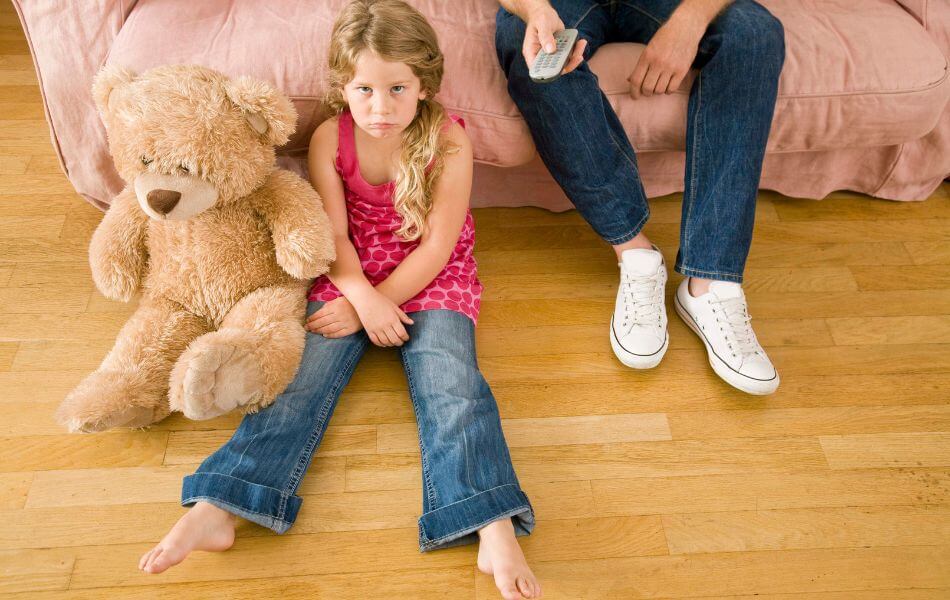
Apart from helping youngsters deal with stress, stuffed animals have been observed to bring additional benefits to children. Parents.com, the website that gives parenting information, mentions some further benefits of owning stuffed animal toys:
Learning:
Stuffed animals assist youngsters to learn about the interaction between humans and animals.
Independence:
Stuffed animals can aid youngsters in learning to be independent and cope with separation anxiety.
Learning Language:
A youngster that begins to chat with stuffed animals and other toys has an opportunity to listen to their voice, supporting them in improving pronunciation and enriching their increasing vocabulary.
Creating Ties With Others:
Interacting with stuffed animals can help a youngster gain crucial skills for sustaining relationships with others. Specific abilities may include empathizing, taking turns, and sharing.
Building Confidence:
Using stuffed animals, youngsters may improve their confidence by learning to take charge of something in a world that can otherwise be daunting.
Here Are 5 Reasons Why Stuffed Animals Help Us Heal From Trauma
Mental health plushies are being backed up by countless scientific types of research. The modern world may feel lonely and alienating for grownups, even amongst loved ones. There’s proof that even as we get increasingly tied together through the internet, we may be increasingly lonelier. Humans are social beings, and we suffer without the companionship of others. While stuffed animals cannot replace the social function that other humans play in our lives, they can assist in reducing feelings of loneliness and alienation, helping us deal with the linked and lonely contemporary world.
-
Stuffed Animals Improve Mental Health
Live animals have been gaining awareness as healing objects, but did you know that stuffed animals may benefit in many of the same ways that live animals do? According to one study, stuffed animals helped individuals with disordered attachment patterns create stable relationships and even mend disrupted attachment connections. Developing strong emotional bonds might help people live richer, happier lives. According to Dr. Aniko Dunn, plush animals are “… advised in psychotherapy and for persons suffering from PTSD, bipolar and other mental disorders.” What a fantastic gift!
-
Stuffed Animals Can Help Us Grieve
Stuffed animals can represent a connection to a loved one who has passed away. They help us cope with grief and ease the pain of loss. You can even get Memory Bears, which are teddy bears made from the clothing of a deceased friend or family member. This helps keep their memory close. You can grieve with a plush animal without fear of judgment. They offer constant comfort and support.
-
Stuffed Animals Help Us Heal From Trauma
There are several treatments that use stuffed animals! Stuffed animals can be helpful in some. Several “re-parenting” techniques exist, in which a trauma victim teaches the toy to love and care for them both (and eventually themselves) to recover from traumatic events as a child. This can help the trauma sufferer feel happier and more confident while reducing feelings of self-hatred. “Animals, whether real or stuffed, can enhance therapy for both children and adults by giving a space to have a sense of unwavering support and anchoring, to experience and express emotions,” claims Rose M. Barlow, a psychology professor at Boise State University. She also applies this to those healing from childhood trauma brought on by abuse or neglect.
-
Stuffed Animals Remind Us Remember Childhood
Nostalgia is a psychological condition of “pleasant remembering.” While memories of the past might be upsetting, those that seem nostalgic often make us happy and result in improved self-esteem. Pleasant recollections of the past may help us feel more connected to our relatives and friends and can bring a feeling of continuity to a life that may seem chaotic. Nostalgia may even soothe existential worries, like the fear of death. According to Dr. Christine Batcho, Professor of Psychology at LeMoyne College, nostalgia can help us deal with times of transition. She says, “… it’s pleasant to have a nostalgic sense for the past that tells us that although we don’t know what the future is going to bring, what we do know is that we know who we have been and who we truly are.” What better reservoir for reminiscence than a childhood stuffed animal or lovey? These may evoke recollections of parents, games with siblings, snuggling and of safety. Stuffed animals provide us a means to indulge in those sentiments when we need them most.
How to Choose the Best Stuffed Animal for Your Child 🧸
Choosing the right stuffed animal for your child is more than finding a cute toy. It’s about picking a friend that brings comfort and joy and supports mental health. Plush toys can reduce stress, help kids feel safe, and support emotional growth. Here are some simple tips for finding the perfect stuffed animal for a birthday or baby shower!
1. Choose Safe Toys for Their Age:
Safety is essential for stuffed animals and babies. Look for soft toys made from safe, non-toxic materials. Avoid small parts like buttons or plastic eyes that could be a choking hazard. For older children, you can pick more detailed plush toys like farm animals or other adorable stuffed animals they’ll love.
2. Stuffed Animals Help with Mental Health:
Stuffed animals aren’t just for fun—they help kids feel calm and safe. A favourite teddy bear or plush toy can help reduce anxiety and give comfort when kids feel scared or stressed. Hugging a soft toy makes kids feel secure and happy. 😊
3. Pick High-Quality Toys:
Look for high-quality plush toys that last a long time. Good stitching and easy-to-clean materials help the toy stay soft and safe after many hugs. A strong stuffed animal can become your child’s lifelong friend.
4. Bright Colors and Fun Shapes:
Kids love bright colours and fun designs. Whether it’s a classic teddy bear or a colourful farm animal, picking a playful design will make the toy even more special.
5. Make It Personal:
Think about what your child loves when you find the perfect stuffed animal. Do they like animals, superheroes, or fantasy creatures? Choosing a toy that matches their interests will make it their favourite!
By following these tips, you’ll find a perfect stuffed animal that brings your child both fun and emotional comfort. 🧸💕
FAQ
Do stuffed animals help mental health?
Yes, stuffed animals can help with mental health. They make people feel safe, calm, and less stressed. Hugging a soft toy can help reduce anxiety and comfort kids and adults.
What is the psychology of stuffed animals?
The psychology of stuffed animals is about how they make people feel. They remind us of safety, love, and happy memories from childhood. Holding a plush toy can make someone feel less lonely or scared.
Are plushies emotional support?
Yes, plushies can be a form of emotional support. They help people feel better when they are sad, stressed, or anxious. A plush toy gives comfort because it feels familiar and safe.
Why am I so emotionally attached to my stuffed animal?
People get attached to stuffed animals because they bring feelings of comfort and safety. They can remind you of good times and help you feel calm during challenging moments.

